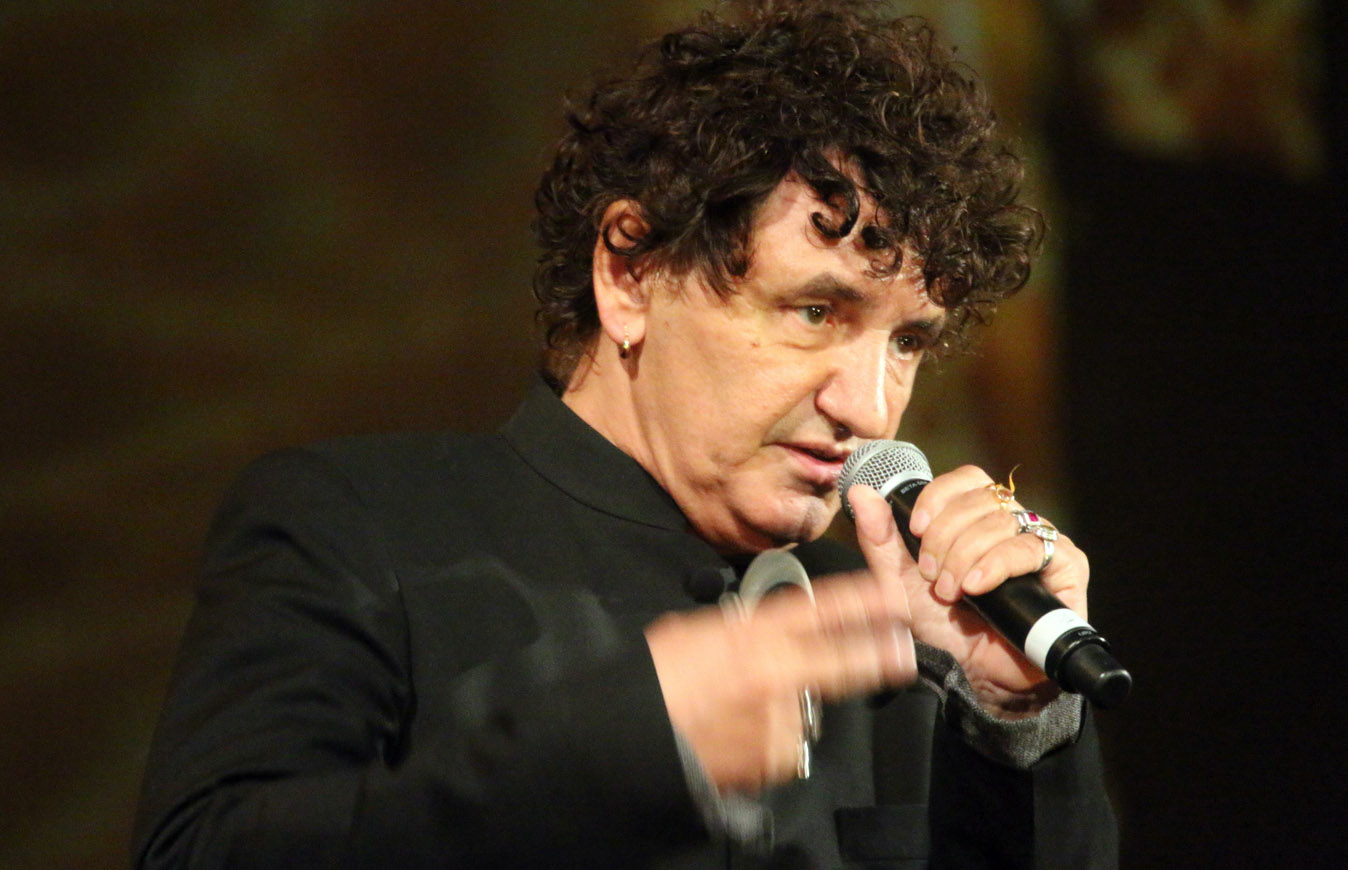
Ahmad b. Muhammad al-Ashmawi
On the slopes of the Saïs valley, few kilometres from a sometimes chaotic city, lies the jewel that is the medina of Fes. Here lie the memories of its patron princes, the founders of places of knowledge and prayer for students and scholars, one in search of learning, the other in search of recognition.
But something that contributes equally to the beauty and magic of the medina is the humility of the people who walked and lived quietly in its narrow streets. In an immutable cosmos, their lives are like shooting stars that landed in the labyrinth of riads that, behind high walls, jealously keep the secrets of the garden oases.
Throughout the centuries, travellers have visited this crossroads of civilisations and rubbed shoulders with dervishes and Sufis, kings and beggars, pilgrims and prophets, Jews, Christians and Muslims, slaves and merchants, prisoners and warriors. Our opening concert pays tribute to these people.
Less than a century ago, life was more hazardous and dedicated to divine destiny, where the idea of adventure was at once spiritual and mystical but also dependent on the whims of nature, storms at sea or in the desert, and at the mercy of conquerors and brigands.
A journey was considered a quest, playing an integral part in spiritual fulfilment. It advocated being cut off (al-inqi’ā’) from one’s usual life in order to rid the soul of its tendency to rely on familiar customs and to reveal its subtleties (daqā’iq) beyond the caprice and pretension of the ego. Al-safar, the journey, in a spiritual sense, reveals (yusfar) and lays bare our hidden identify.
This is also the role of music. ‘We hide ourselves in our music to reveal ourselves’, Jim Morrison, mythical singer of the Doors, said quite rightly. And Baudelaire said, ‘Music fathoms the sky’: it acts to open up to the verticality of a heavenly inspiration, to an airy emotion captured this year in a multitude of artists who bring to life, in the image of Sufism, the great diffusion of cultures between the east, the west and Africa.
The historical presence of Sufism in Fes stems from its universality. Both the pilgrim talaba and the scholar ulema are at the origin of those called the ‘Fassi’ exception, those who, learned and sacred, consecrate the spirituality of the city.
The Qarawiyyine, the Eastern Muslim university, provided the whole gamut of knowledge: from the fqih of astrology to medicine – as did a multitude of medersas (theological colleges). These remain the pride of this Amazigh-Arab-Muslim culture, in relation to other great centres of learning of the time: Seville, Cordoba, Kairouan, Cairo, Damascus and Baghdad that also created flourishing cultural networks, which, even if they were underpinned by trade, were still far from the materialistic globalisation of today.
The Tijaniyya Sufi Order, whose centre is in Fes, spread to Senegal. From Jewish-Arab Cordoba to sub-Saharan Africa, Fes, far before the great metropolises, already had the ability to integrate these migratory phenomena on the backs of mules and camels, and an abundant literature was circulating well before the arrival of streaming and the internet.
Science and spirituality were in harmony, like the Sufi chain of transmission, silsila. Each stone of the streets and of the palaces exhales the marvellous perfume of authenticity, a miracle of time, kindling an almost esoteric fascination. Fes, prophetic heritage as memory of the future.
Alain Weber
[/mpc_textblock]
